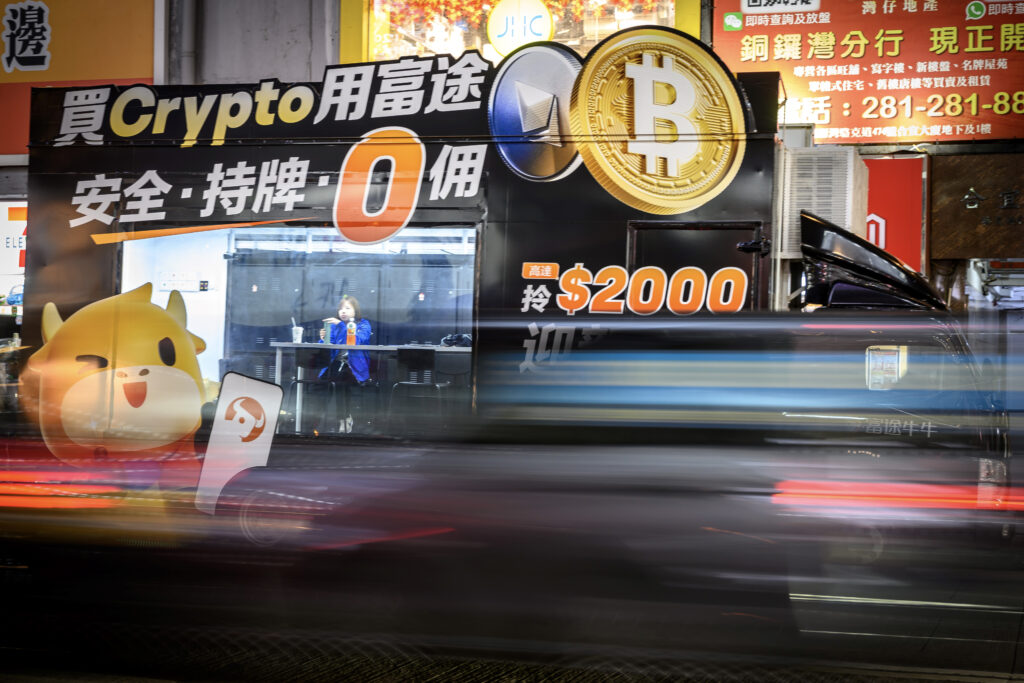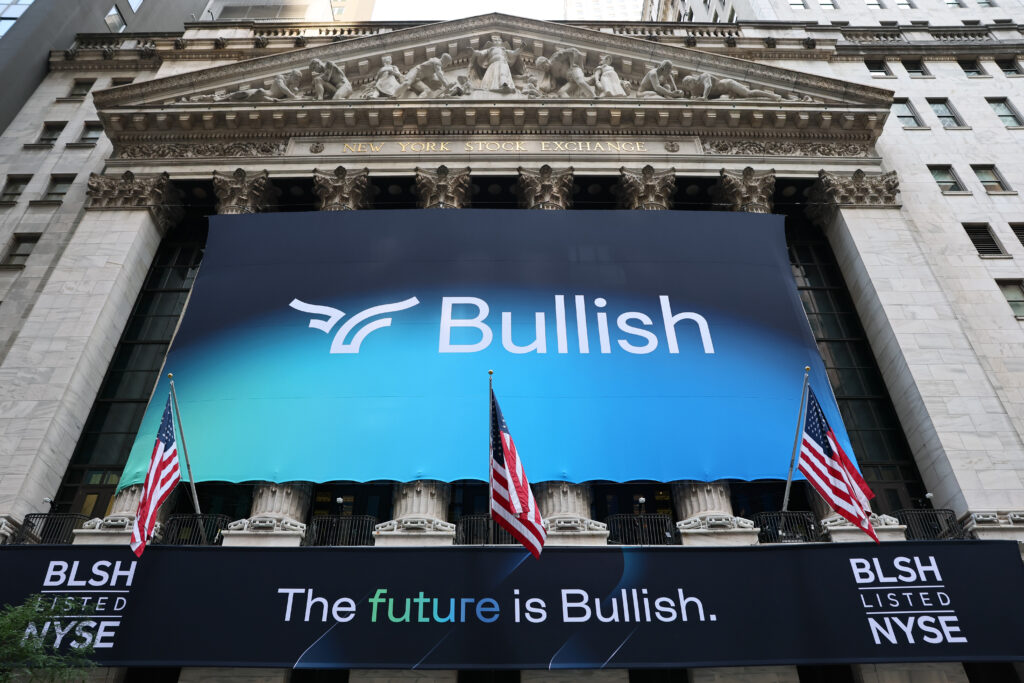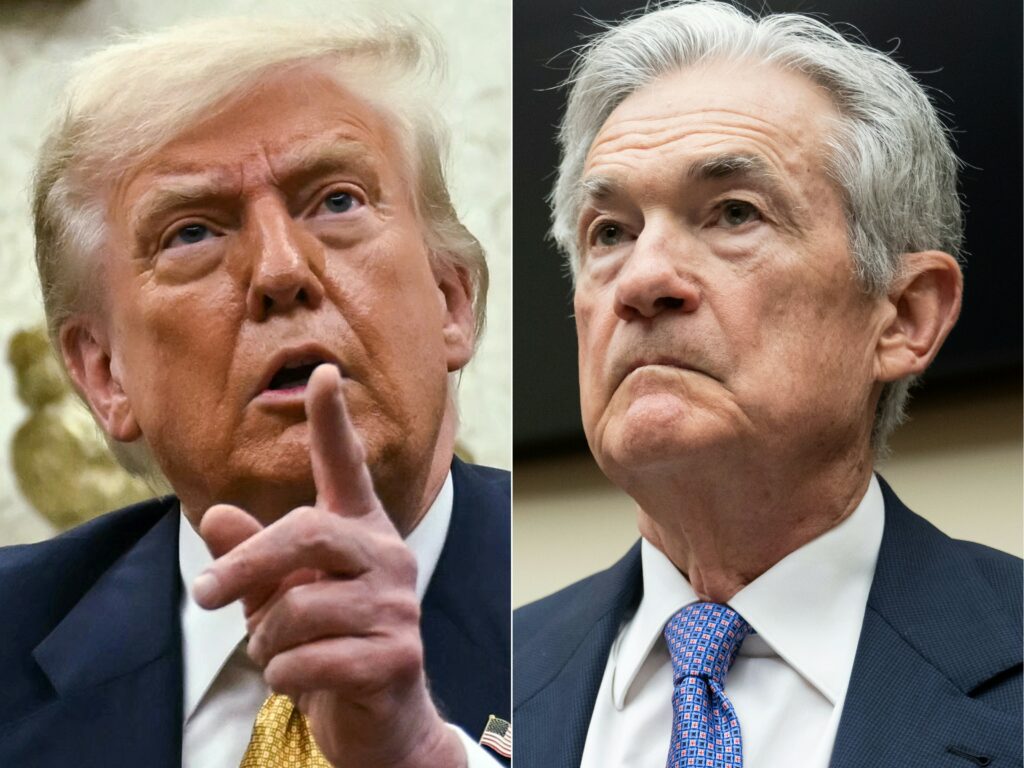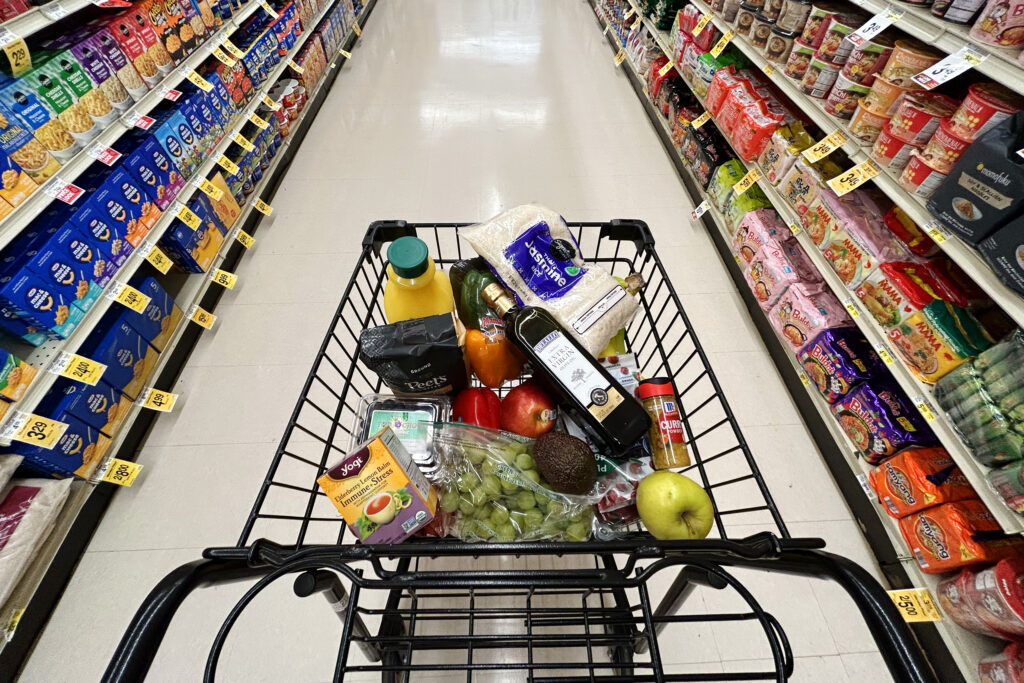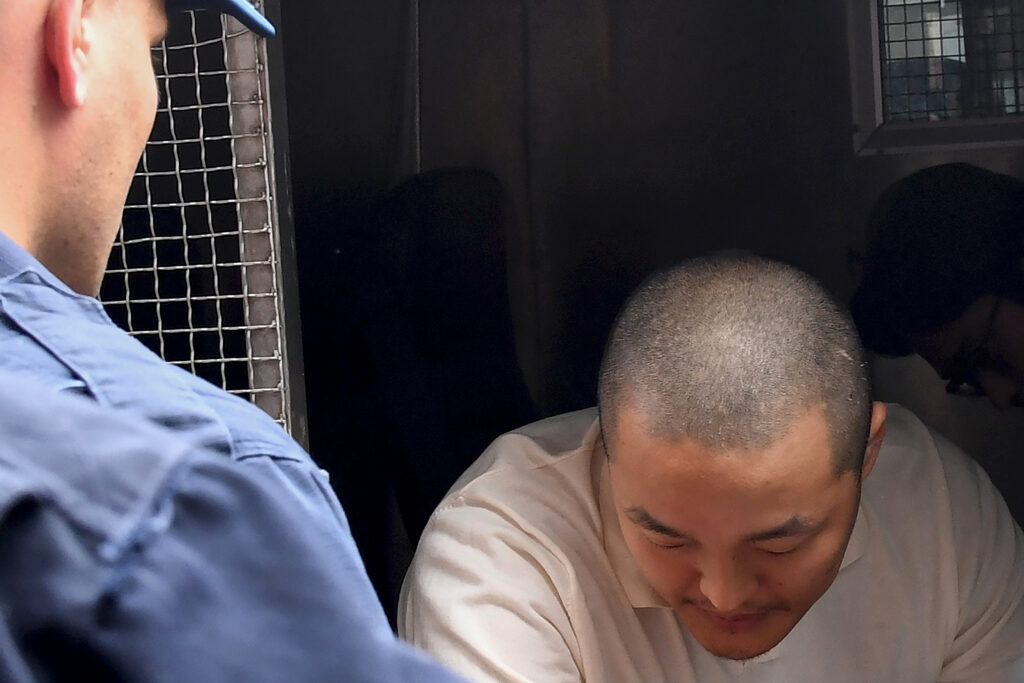Asian markets mixed as bitcoin surges to new high
Bitcoin hit a new peak during early Asian trading on Thursday, as the yen surged after the US Treasury Secretary said he expects Japan to hike interest rates.The cryptocurrency rose above its previous July record, briefly exceeding $124,500 before retreating.Bitcoin’s value has recently soared, fuelled by US regulatory changes under US President Donald Trump, a strong backer of the crypto sector.”The crypto market is enjoying a period of highly favorable fundamentals,” said Samer Hasn, senior market analyst at XS.com.Japan’s currency rose significantly against the dollar, climbing to its highest level since late July after US Treasury Secretary Scott Bessent said he had told the Bank of Japan (BoJ) governor that it was “behind the curve” in its fight against inflation. “So they’re going to be hiking and they need to get their inflation problem under control,” Bessent told Bloomberg TV.The Bank of Japan, which has long maintained a negative interest rate policy, began monetary tightening in 2024. However, it left rates unchanged at the end of July and is expected by observers to maintain the status quo at its next monetary policy meeting in September. Bessent “may be trying to weaken the dollar through his comments,” according to Hideo Kumano of Dai-Ichi Life Research Institute, as cited by Bloomberg.Bessent and President Donald Trump are pushing Federal Reserve Chairman Jerome Powell to lower rates as quickly as possible.Hopes of rate cuts following soft inflation data released Tuesday had boosted stock markets, with the broad-based S&P 500 index and the tech-heavy Nasdaq reaching new summits this week. Tokyo’s Nikkei hit a record as it closed 1.3 percent higher on Wednesday.- Key figures at around 0400 GMT -Tokyo – Nikkei 225: DOWN 1.3 percent at 42,698.81Hong Kong – Hang Seng Index: DOWN 0.1 percent at 25,597.85 Shanghai – Composite: UP 0.2 percent at 3,690.88Euro/dollar: UP at $1.1706 from $1.1704 on WednesdayPound/dollar: FLAT at $1.3577 from $1.3577 Dollar/yen: DOWN at 146.43 yen from 147.40 yenEuro/pound: UP at 86.22 pence from 86.21 penceWest Texas Intermediate: UP 0.3 percent at $62.86 per barrelBrent North Sea Crude: UP 0.4 percent at $65.86 per barrelNew York – Dow: UP 1.0 percent at 44,922.27 (close)London – FTSE 100: UP 0.2 percent at 9,165.23 (close)
